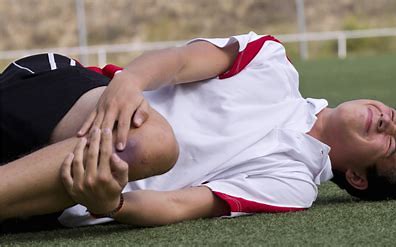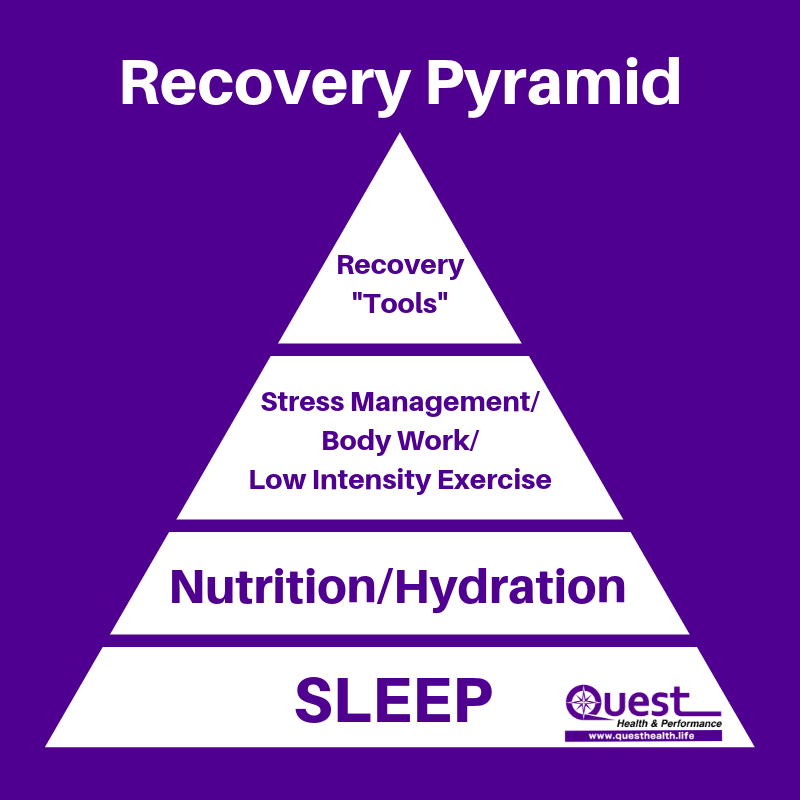As a physiotherapist, when I start talking to a patient about their sleep, nutrition, water intake and recovery strategies I sometimes get some strange looks. After all, a physiotherapist helps to rehabilitate injuries, not council people on their sleep and diet. However, all of these elements actually have a huge role to play in potentially why your injury happened but also your recovery. Therefore, it is a discussion we may have with you so we can better understand your injury journey.
Why do we sleep?
Sleep is a fundamental physiological function of the human body, it ranks highly along with the basic human needs of food, water and shelter. Across the lifespan, the average person spends 26 to 35 years asleep. This equates to approximately 33% of their life. I am sure many of us have experienced poor sleep or lack of sleep at some point in our lives. As you are likely aware, it is a horrible feeling waking up in the morning and having to run the whole day on next to no sleep. In fact, sleep deprivation has historically been used as a form of torture.
Sleep is the time where our body recovers both physically and mentally. Sleep is essential for bodily functions such as tissue growth/repair and memory consolidation. Studies have demonstrated that people who have poor quality or quantity of sleep are more prone to chronic illnesses such as cardiovascular disease, cancer and early death.

What impact does sleep (or the lack of it) have on injury rates?
Injuries can happen at any point in our lives and usually they are inconvenient and painful. The physical, emotional and financial burden of injuries can extend for months to years after. In sport, we wear mouthguards to protect our teeth and tape to protect out joints. So why wouldn’t you optimise your sleep if it can also prevent injuries?
Poor sleep influences injury by delaying our physical and cognitive reaction times thus increasing the risk for injury.
- Workplace
– overly tired employees were 70% more likely to be in workplace accidents than colleagues who were not sleep deprived
– workers with insomnia are much more likely to have workplace accidents then those without sleep disorders
– nurses who work a 12.5 hr shift were 3 times more likely to make a medical error than those who worked an 8.5hr shift
– people who drive for their job and get 6 hrs of sleep or less are 33% more likely to be involved in an accident
– in commercial truck drivers, driving drowsy is responsible for >50% of crashes
– approximately 13% of all work injuries are related to poor sleep
- Sporting
– young athletes (school year 7-12) who sleep < 8hrs per night are 1.7x more at risk of injury than those who slept > 8hrs/night
– chronic lack of sleep in adolescents is associated with greater risk of sports and musculoskeletal injuries
– poor sleep doesn’t appear to have a significant impact on injury rates in the athletic adult population but more research is needed before we can draw sound conclusions here

What causes poor sleep?
There are a number of causes of poor sleep, some are easy to address yourself whilst others are more complex and may require diagnosis and management by a health professional. Poor sleep can occur acutely (a single night, a few consecutive nights or sporadically) or chronically (long term poor sleep). Common causes of poor sleep include;
- caffeine consumption
- use of screens
- exercising in the evening
- poor meal timing
- having babies and young children (shout out to all the parents!)
- environmental factors (temperature, light, noise etc)
- shift work
- sleep disorders (sleep apnoea, insomnia, restless legs etc)
- drug side effects
- Life stressors (thanks covid)
What does ‘good sleep’ look like?
High quality sleep looks like passing through 4-6 sleep cycles per night which last approximately 90 minutes each. During each cycle you should experience deep sleep, light sleep and REM sleep. The proportion of time you spend in each type of sleep varies as the night goes on.
In terms of quantity of sleep, this varies depending on your age and physical demands. Newborns usually require 12-18hrs per day and children between 5-10 years of age require about 10hrs/day. Teenagers require 8-9hrs per day whilst adults generally require 7-9hrs. How much sleep YOU specifically need also comes down to a number of variables. These include;
- Do you have high levels of daily energy expenditure (eg athlete or manual job)?
- Do your daily activities require alertness to do them safely?
- Are you at risk for any diseases or do you have any long term diseases?
- Are you trying to absorb alot of information or learn a new skill?
Elite athletes and those with high physical workloads can benefit from sleeping 9-10hrs per night to optimise recovery.
How does sleep aid injury recovery?
Sleep is the time our body rests and recovers both physically and mentally. When you are recovering from injury we experience an increase in energy demands as the body tries to repair the damaged tissues. Overnight is when we predominantly release a number of hormones which are essential for tissue recovery, repair, protein synthesis and cell replenishment. If you are getting inadequate sleep you are not optimising on this huge recovery window and the hormone release that supports it. This could in turn mean, slower recovery from injury, poorer quality of the tissue repair and an increased re-injury risk.
When we talk about recovery strategies alot of our patients would immediately prioritise hot/cold showers, stretching/foam rolling and massage therapy. Whilst important and they certainly have their role, sleep, nutrition and hydration certainly take the cake and should be of highest priority. To really optimise recovery you need to make sure you are covering these 3 areas first and THEN add in your other recovery tools.

How can you improve your sleep to prevent injury or optimise recovery?
If you have been experiencing sleeping issues for a while now it would be best to chat with your GP about why this may be the case. They may want to run some further tests to help resolve this issue. In the meantime, there are plenty of easy sleep hygiene tips you could try to improve your sleep. Our best tips are;
- Have a bed time routine to start the process of releasing our sleep promoting hormones
- Stick to a sleep schedule
- Improve your sleeping environment: Good mattress and pillow, dark and cool room, wear ear plugs if it’s noisy, eye mask to block out light
- Avoid caffeine after midday
- Limit your fluid consumption in the later afternoon and evening
- Exercise everyday but preferably not too close to bed time
- Avoid afternoon naps as this will reduce your sleep drive
- Have a notepad and pen beside the bed if you need to get thoughts out of your mind
- Sleep with your phone in a different room
- Use dimming lights in the evening to promote the illusion of sunset
“A good laugh and a long sleep are the best cures in the doctors book” – Irish Proverb
– Kimberley Cochrane – Physiotherapist (Bachelor of Physiotherapy, First Class Hons, GradCert Sports Physio)

